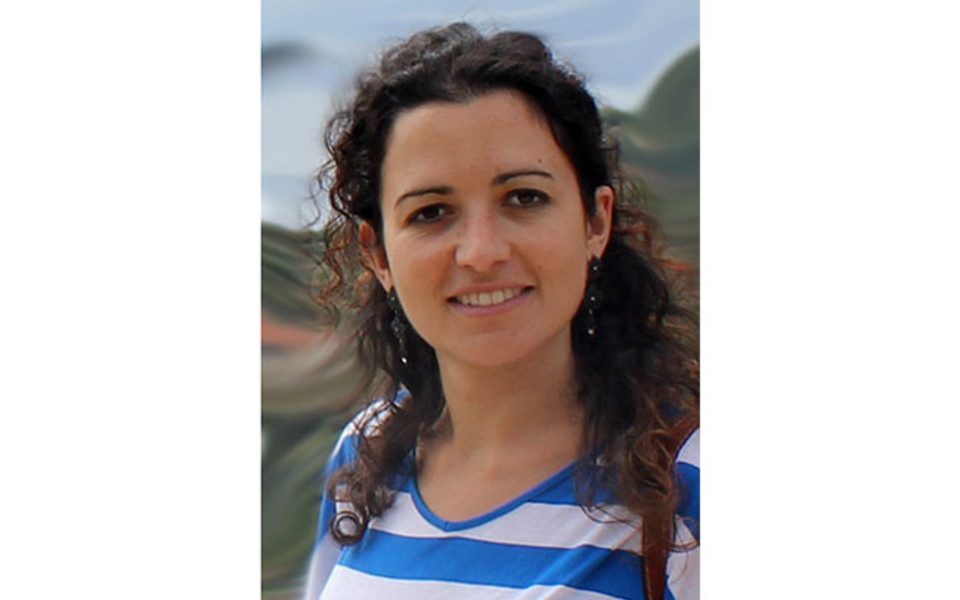
Laura is interested in epigenetics, specifically, on how the modification of chromatin with the small protein ubiquitin regulates transcription. This is a fundamental process both in healthy cells and in deranged form in human cancers. Over the past years, the Köhler lab has made important contributions to the field of chromatin ubiquitination, most recently by showing how the ubiquitin system can recognize chromatin with high specificity – the publication Laura is awarded for. Laura has already won the L’Oreal Austria Fellowship this year, and was previously awarded a DOC fellowship of the Austrian Academy of Sciences.
More info about the Researcher of the Month can be found here.
Publication:
Gallego L.D., Ghodgaonkar Steger M, Polyansky A, Schubert T, Zagrovic B, Zheng N, Clausen T, Herzog F, and Köhler A; Structural mechanism for the recognition and ubiquitination of a single nucleosome residue by Rad6-Bre1. PNAS (2016) 113(38):10553-10558